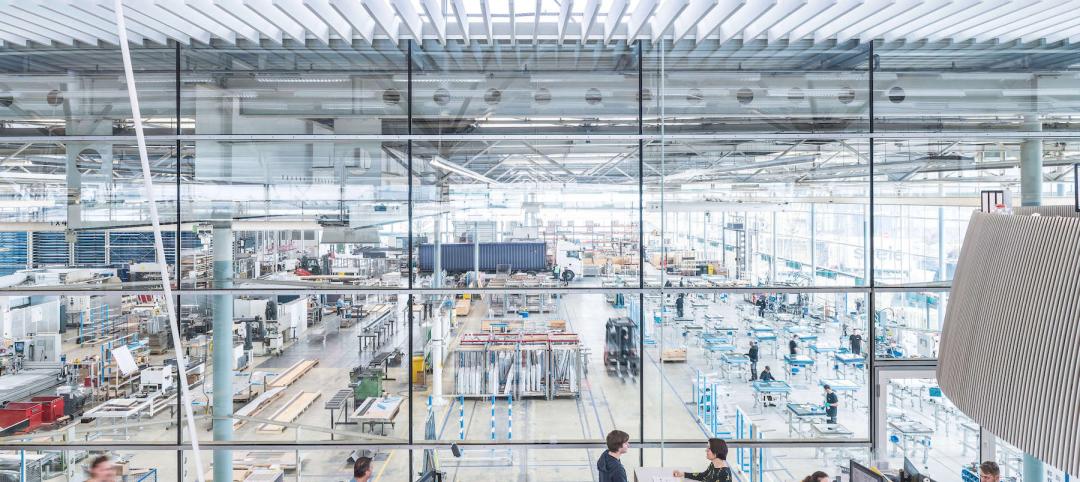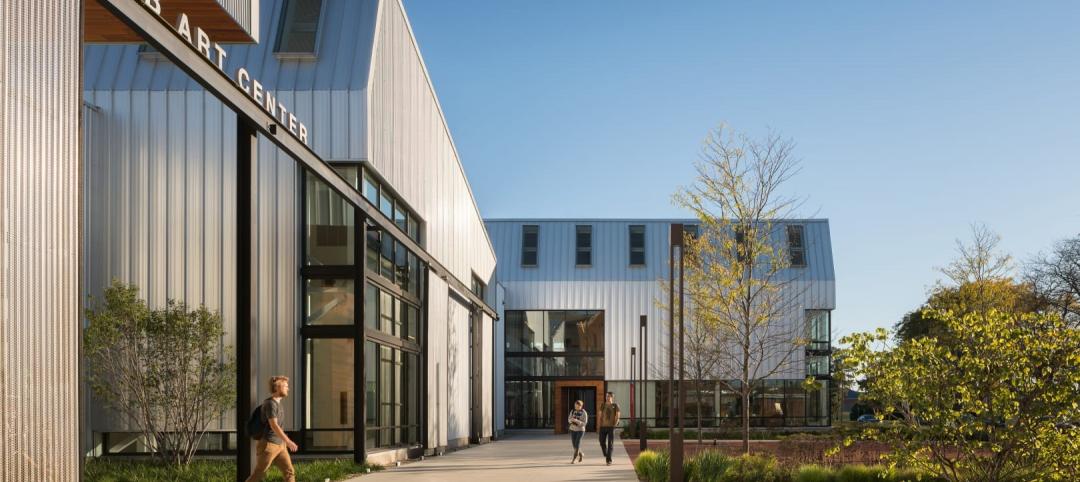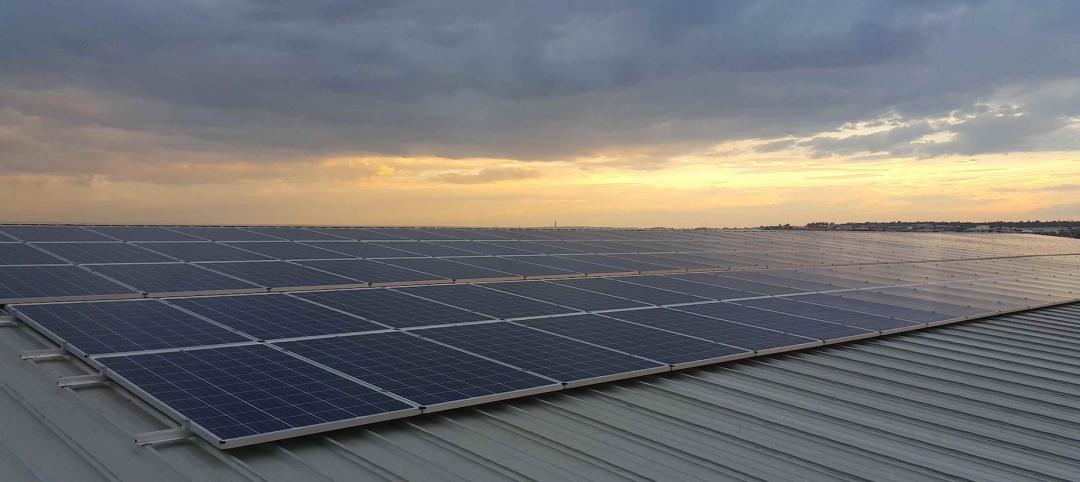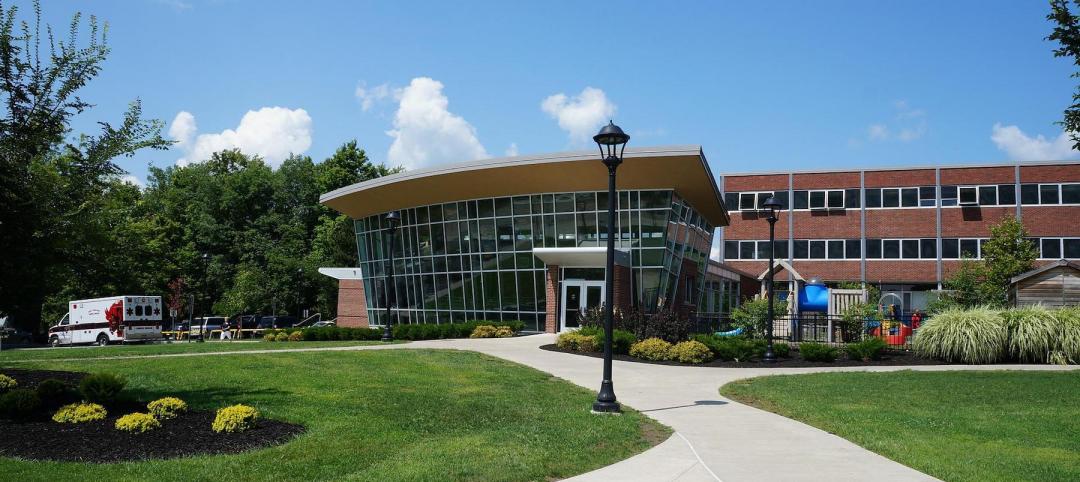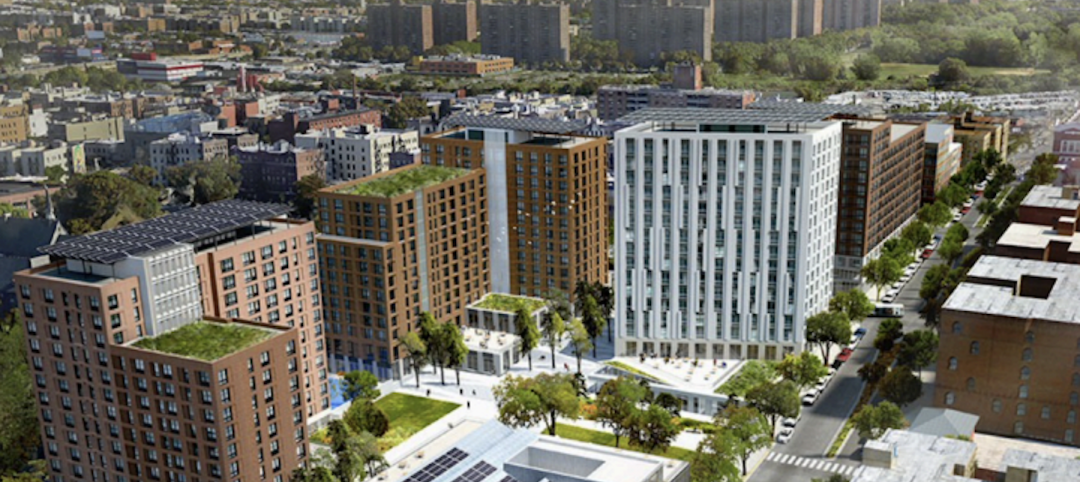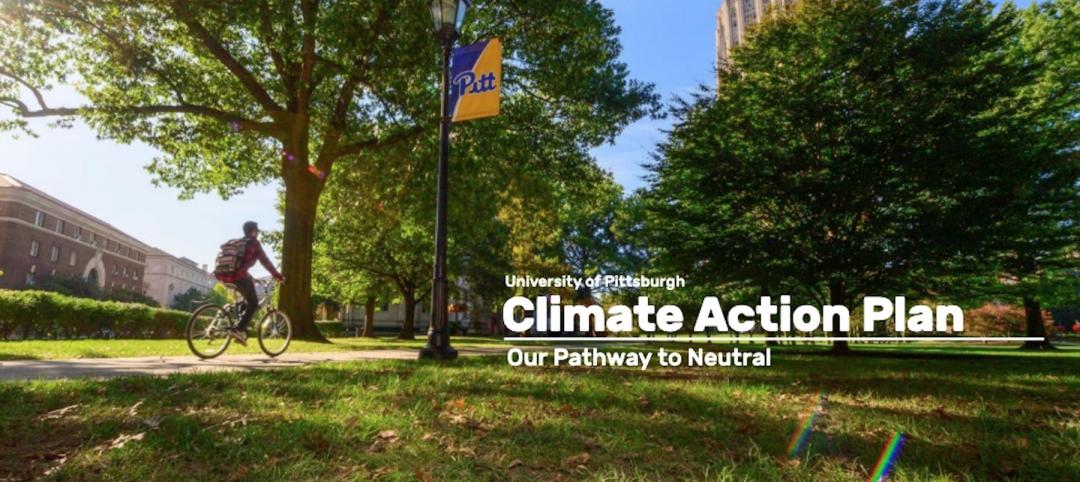Renewable energy is among the top emerging technologies being considered by data center owners to help address power and cooling costs, according to a Mortenson survey of corporate data center executives, data center developers and operators, and information technology providers at the 2014 Data Center World conference.
More than eight in 10 survey respondents (84%) feel that there is a need to consider renewable forms of energy, such as wind and solar, to manage future needs.
Energy is by far the biggest cost for data centers, making power and cooling considerations the most important drivers in determining location, design, and construction of facilities. In fact, the top item data center operators say they would most like to change about their facilities is greater energy efficiency. Nearly half of survey participants also believe a better power usage effectiveness (PUE) rating is achievable through improved technologies.
“Worldwide data usage continues to grow, which requires more infrastructure and power to support it, so it’s vital that we leverage innovation to help balance energy demand and supply,” said Scott Ganske, Director of Operations for Mortenson's Mission Critical Group. “There are a number of promising technologies that will drive energy efficiency forward in the next few years; and renewable energy increasingly makes economic as well as environmental sense for the energy supply chain. With costs dropping and operating efficiency rising, we believe renewables are rightly attracting interest from data center operators.”
The cost of producing wind has decreased 58% and solar power by 40% in the past five years, and costs continue to fall, making renewables more cost-competitive with traditional fuel sources in many markets.
At the same time, availability is steadily improving. Wind farms, for example, generate power 50% of the time now, up from 35% in 2007. Several leading technology firms in the U.S. are already investing in power purchase agreements (PPA) with wind energy producers to lock-in energy costs over the long term. Mortenson has built several of the wind farms, located in Illinois, Iowa, and Texas, that are a part of those PPA deals.
The Mortenson survey also covers such issues as:
• Current and future use of data center information management (DCIM)
• Leasing vs. owning facilities
• Growth expectations
• LEED trends
Read the full survey here.
Related Stories
Sponsored | BD+C University Course | May 3, 2022
For glass openings, how big is too big?
Advances in glazing materials and glass building systems offer a seemingly unlimited horizon for not only glass performance, but also for the size and extent of these light, transparent forms. Both for enclosures and for indoor environments, novel products and assemblies allow for more glass and less opaque structure—often in places that previously limited their use.
Architects | Apr 22, 2022
Top 10 green building projects for 2022
The American Institute of Architects' Committee on the Environment (COTE) has announced its COTE Top Ten Awards for significant achievements in advancing climate action.
Energy-Efficient Design | Apr 19, 2022
A prefab second skin can make old apartments net zero
A German startup is offering a new way for old buildings to potentially reach net-zero status: adding a prefabricated second skin.
Legislation | Apr 11, 2022
Dept. of Energy releases RFI for K-12 schools energy upgrade program
The U.S. Dept. of Energy (DOE) released a Request for Information (RFI) to help decide how best to spend $500 million from the recently passed federal infrastructure law for K-12 public school energy upgrades.
Codes and Standards | Apr 8, 2022
Dept. of Energy boosts energy efficiency standards for federal buildings
The Department of Energy’s recently released new energy efficiency standards for federal buildings.
Multifamily Housing | Apr 7, 2022
Ken Soble Tower becomes world’s largest residential Passive House retrofit
The project team for the 18-story high-rise for seniors slashed the building’s greenhouse gas emissions by 94 percent and its heating energy demand by 91 percent.
Multifamily Housing | Mar 31, 2022
Mixed-use affordable housing project aims for zero waste
The Peninsula in the Bronx, N.Y., a mixed-use affordable housing campus, just opened its first phase.
Legislation | Mar 28, 2022
LEED Platinum office tower faces millions in fines due to New York’s Local Law 97
One Bryant Park, also known as the Bank of America Tower, in Manhattan faces an estimated $2.4 million in annual fines when New York City’s York’s Local Law 97 goes into effect.
Energy-Efficient Design | Mar 25, 2022
University of Pittsburgh Releases ‘Pitt Climate Action Plan’
The University of Pittsburgh has released the Pitt Climate Action Plan, detailing how the University will achieve its goal to go carbon neutral by 2037 through investments in clean energy, transportation, efficiency and other areas.
Codes and Standards | Mar 24, 2022
New York senate moves to speed up fossil fuel ban in new buildings
Lawmakers in the New York State Senate are backing a proposal to ban fossil fuels in new building construction three years sooner than a plan proposed by Gov. Kathy Hochul.



